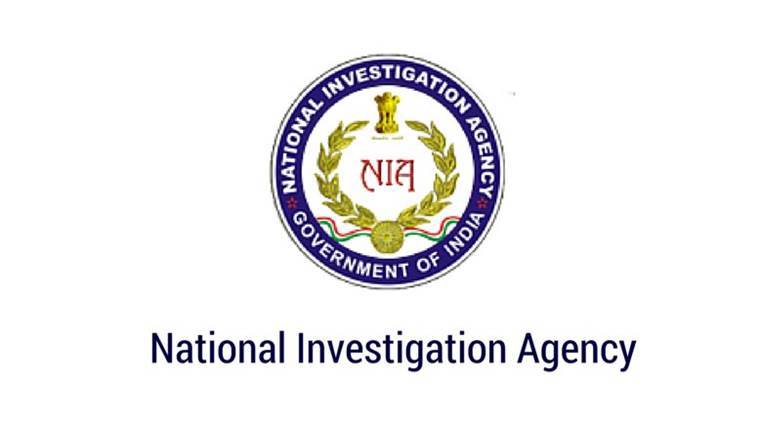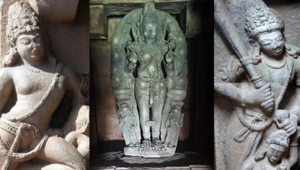
What is NIA?
- The National Investigation Agency (NIA) was set up in 2009 under the NIA Act, 2008.
- It was set up in the wake of the Mumbai terror attack.
- At present, NIA is functioning as the Central Counter Terrorism Law Enforcement Agency in India.
- It aims to be a thoroughly professional investigative agency matching the best international standards at the national level, by developing into a highly trained, partnership-oriented workforce.
- It aims to discourage the existing and potential terrorist groups/individuals.
- It aims to develop as a storehouse of terrorist related information.
Key features of the Bill:
- The Bill amends the NIA Act, 2008 and provides for a national-level agency to investigate and prosecute offences listed in a schedule (scheduled offences).
- It allows for the creation of Special Courts for the trial of scheduled offences which include offences under Acts such as the Atomic Energy Act, 1962, and the Unlawful Activities Prevention Act, 1967.
- As per the Bill, the NIA will now have the power to investigate the following offences, in addition: (i) human trafficking,
(ii) offences related to counterfeit currency or bank notes,
(iii) manufacture or sale of prohibited arms,
(iv) cyber-terrorism, and
(v) offences under the Explosive Substances Act, 1908.
Jurisdiction: The officers of the NIA have the same powers as other police officers in relation to the investigation of such offences, across India. In addition, officers of the NIA will have the power to investigate scheduled offences committed outside India, subject to international treaties and domestic laws of other countries.
- The central government may direct the NIA to investigate such cases, as if the offence has been committed in India. The Special Court in New Delhi will have jurisdiction over these cases.
The Bill states that the central government may designate Sessions Courts as Special Courts for the trial of scheduled offences. The central government will need to consult the Chief Justice of the High Court under which the Sessions Court is functioning, before designating it as a Special Court. When more than one Special Court has been designated for any area, the cases will be distributed among the courts by senior-most judge. - The state governments may also designate Sessions Courts as Special Courts for the trial of scheduled offences.
Provisions of NIA act, 2008:
- Type of offences – NIA can investigate offences under Acts such as the Atomic Energy Act, 1962 and the Unlawful Activities Prevention Act, 1967.
- NIA’s jurisdiction – For the offences under its purview, NIA officers have the same power as other police officers and these extend across the country.
- Trial Courts – The existing Act allows the Centre to constitute special courts for NIA’s trials.












